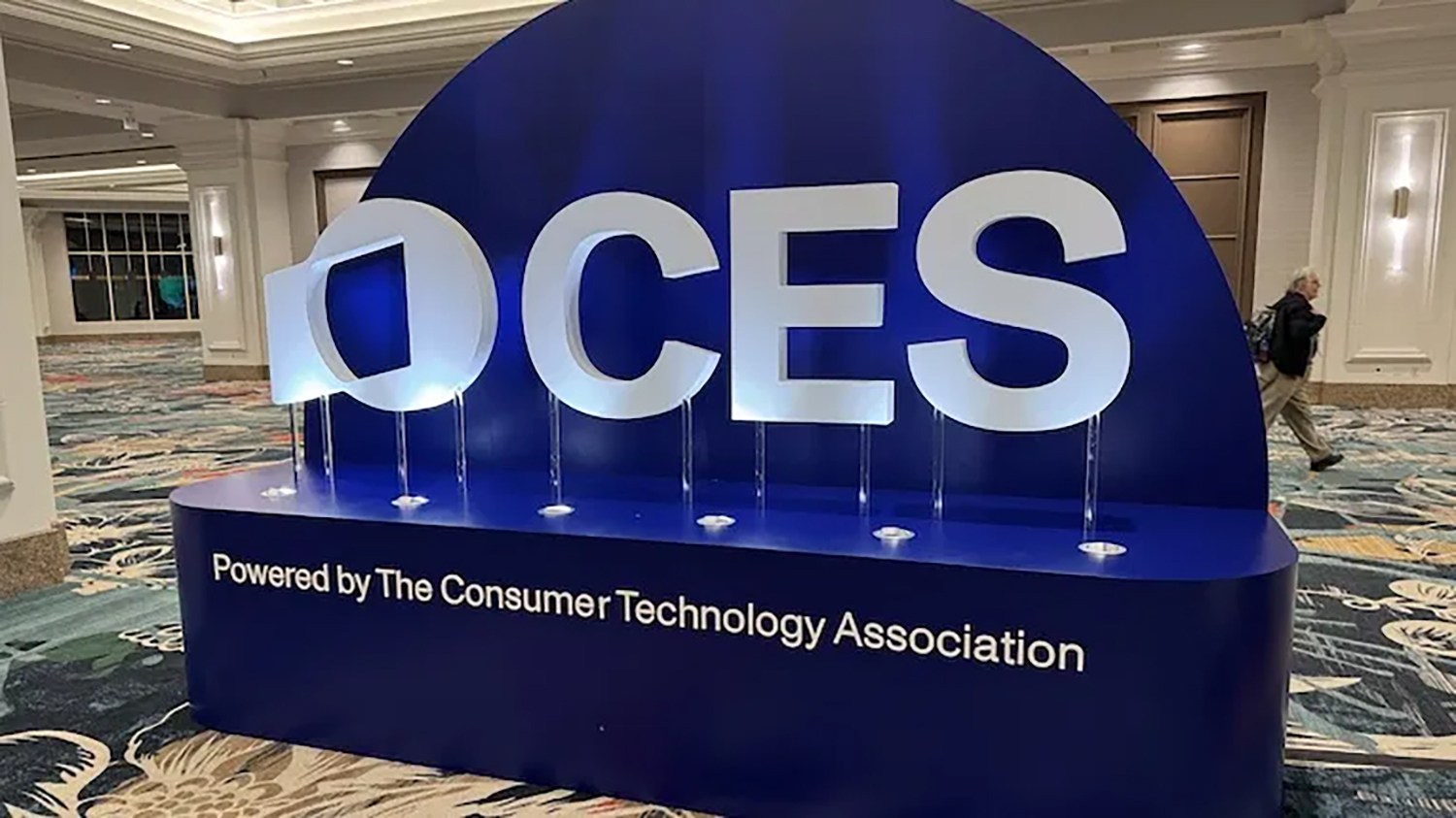Julian Assange and his legal team are “seriously considering” a request from the US Senate Intelligence Committee for the WikiLeaks founder to testify on Russian meddling in the 2016 election.
A lawyer for Assange told CNN on Thursday that the request is being explored but only provided that his safety is assured.
“The inquiry has asked for him to appear in person at a mutually agreeable time and place. We are seriously considering the offer but must ensure Mr Assange’s protection is guaranteed,” Jennifer Robinson, a member of Assange’s legal team, said.
On Wednesday, WikiLeaks revealed in a tweet that the committee probing Russian election interference had sent a letter to 47-year-old Assange calling on him to make himself “available for a closed interview with bipartisan Committee staff.”
The tweet included a copy of the letter delivered to Assange.
Assange has been holed up in the Ecuadorian Embassy in London since 2012 following allegations of sexual assault in Sweden. Assange has repeatedly denied any wrongdoing.
Swedish investigators eventually dropped the case last year, but Assange chose to remain in the embassy as British authorities could still detain him for violating bail conditions. It’s unclear how he would testify in person in the US.
Assange could, in theory, testify via video conference but that would require internet access, which he currently does not have.
Ecuadorian authorities cut off his outside communications for a second time back in March, accusing him of failing to commit to an earlier agreement not to interfere with other nations’ affairs.
“Ecuador’s government warns that Assange’s behavior through his social media messages puts in risk the good relationship the country has with the UK, other EU countries and other nations,” read Ecuador’s statement released in March.
The statement did not specify which message or messages, if any, violated the agreement.
WikiLeaks has denied that Assange had entered into any such deal with the Ecuadorian government.
On Thursday, Ecuador’s foreign minister said Assange could testify with the help of technology, provided his remarks didn’t interfere in other countries’ politics.
“According to international law and the different conventions that regulate asylum, a person who has been granted asylum can’t make any statements that could affect Ecuador’s relationship with other countries or that could interfere in other countries internal matters,” José Valencia said in an interview with Ecuador’s El Universo newspaper.
Valencia also shed light on Assange’s future, saying that his case was “complex” but that it needed to be solved.
“It is impossible to establish a deadline, but we hope to be solved as soon as possible,” Valencia added. “Six years for a person to be inside a building with offices, which doesn’t have the proper conditions for accommodation, is very difficult, and of course, our embassy works there, so it’s also complex for them.”
Valencia said that the country’s relationship with the UK regarding the case was “fluid.”
The foreign minister’s remarks came weeks after Ecuador’s President Lenín Moreno confirmed talks have been taking place with British authorities in regard to Assange’s future.
“We are continually speaking with the British government, with the ambassador, their representative in Ecuador. The only person I have never spoken to is Mr. Assange,” Moreno said in July.
But British Prime Minister Theresa May’s government has played down any suggestion of Assange’s departure from the embassy in the near future, telling CNN in July that no time frame had been discussed.













